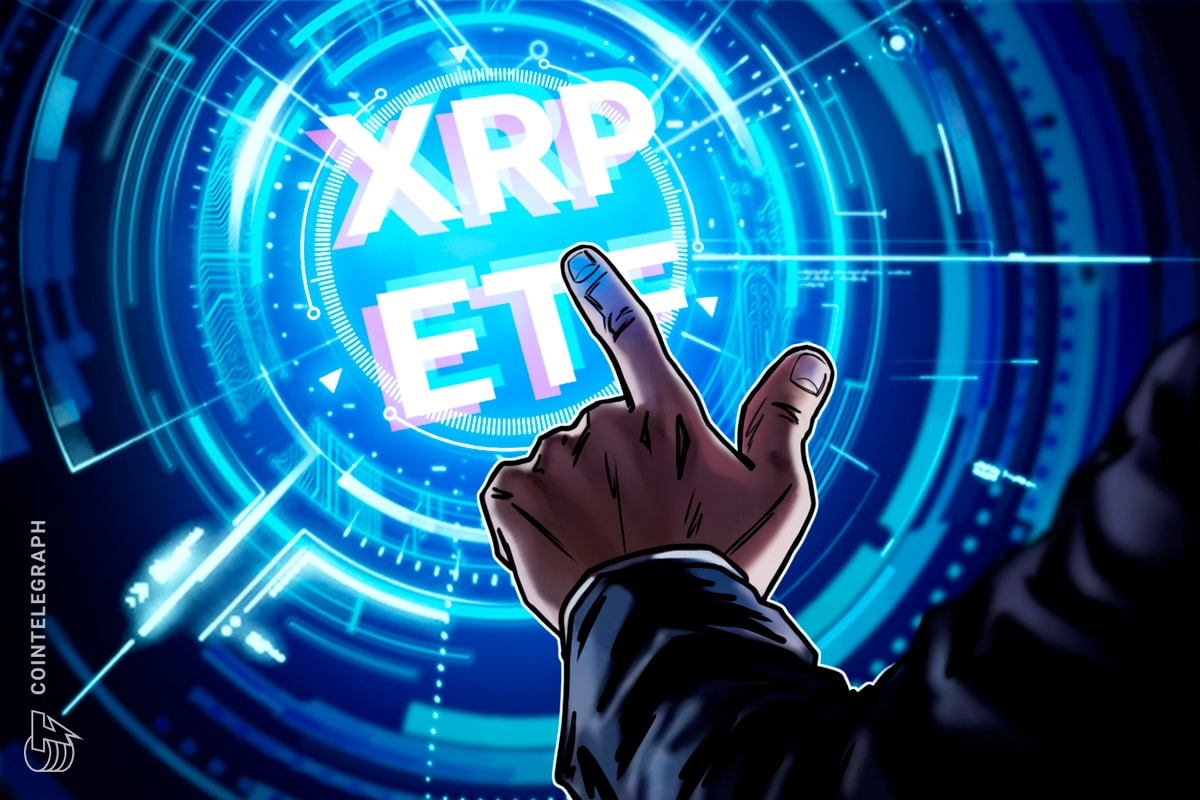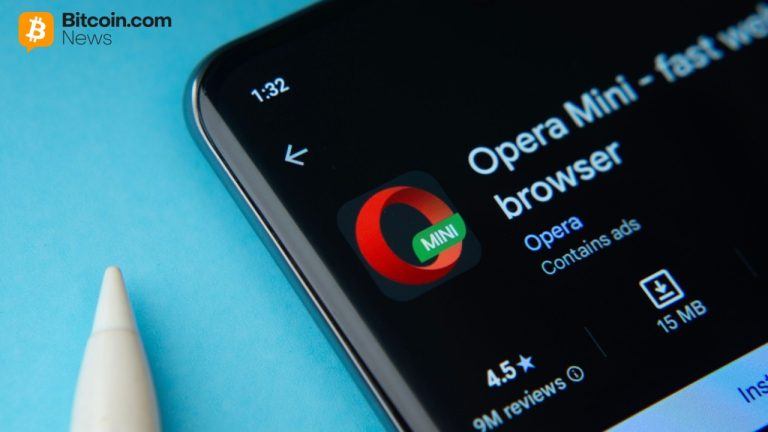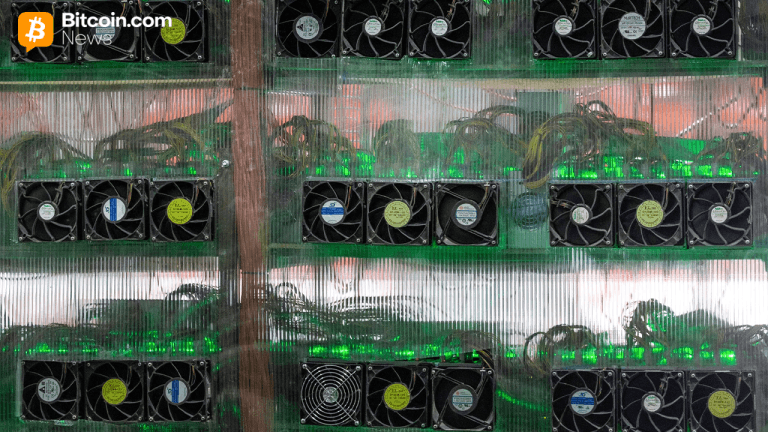Nigerian crypto investors question central bank’s decision to flag p2p users
3 min read
Nigerian crypto investors using peer-to-peer (P2P) services have expressed concerns about the Central Bank of Nigeria (CBN) flagging their bank accounts. CBN’s decision to flag accounts is believed to be in relation to the near $6.3 million (2.9 billion nairas) Flutterwave hack, as the bank accounts have yet-to-be-proven affiliations with the hack.
According to local news sources, on February 19, 2023, Albert Onimole, legal counsel for Flutterwave, a Nigerian fintech company, allegedly reported a case to the Deputy Commissioner of Police, in Yaba, Lagos, of almost $6.5 million (3 billion nairas) that had been illegally transferred from the accounts of his client.
On February 27th, a motion ex-parte was filed and granted in support of Flutterwave’s claims. According to the motion, 107 accounts, including their fifth beneficiaries, will be put on lien/Post-No-Debit (PND). So far, some of the locals have confirmed that their accounts have been frozen in connection to the hack.
The situation has gone on to discourage P2P users from interacting with the various over-the-counter (OTC) — markets that allow trading of securities between two counterparties executed outside of formal exchanges and without the supervision of an exchange regulator, as the hacked sum flowed into the Nigeria crypto market on different OTCs and users now have problems with financial intermediaries when they want to use P2P services for crypto transfe.
Investors across the world use P2P as a medium of direct exchange of crypto between parties without the involvement of a central authority. They may choose to swap cryptocurrencies for cryptocurrencies or crypto for cash. In 2021, the CBN announced a regulation that prevented financial institutions like banks from enabling crypto use. However, Nigerians were able to find a way forward and still maintain their leading position as the largest crypto hub of Africa through the use of P2P platforms.
@officialEFCC @theflutterwave @CBNNews @icpcnigeria @NDICNigeria @ProvidusBank
My account was locked since 6th Feb 2023 because of flutterwave hack and they put a lien on my account https://t.co/2Wk14feeVb pic.twitter.com/pzvdZc9jlX
— NNAJIOFOR IKECHUKWU (@wealthyrichy10) March 5, 2023
Some community members believe this could affect the general interest of Nigerians who are yet to get on board the crypto digital ecosystem in acquiring digital assets.
A concerned Nigerian stated that the situation is causing some businesses to crumble. This is because unsuspecting entrepreneurs have received payments for their services with funds that were allegedly linked to the hacked amount, resulting in confusion and possible legal repercussions.
Related: Binance recommends P2P as Ukraine suspends hryvnia use on crypto exchanges
Despite strict crypto regulations by the CBN, the P2P market has aided Nigerian trade. However, a financial analyst known as Sadeik calls it a black market hub for scammers laundering fraud funds. Sadeik went on to say that a friend of his lost more than 500,000 because the person he transacted with had his account flagged in the Flutterwave hack.
In an official statement, Flutterwave denied the hack saying it identified an unusual trend of transactions on some users’ profiles and immediately launched a review in line with its standard operating procedure, which revealed that some users who had not activated some of our recommended security settings might have been susceptible. The statement adds that Flutterwave was able to address the issue before any harm was done to its users.
Magazine: What really goes on at a crypto OTC desk?






